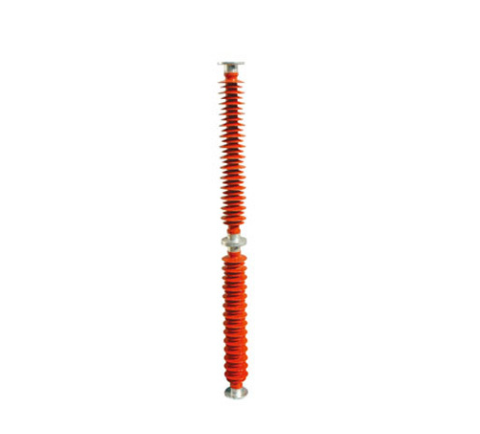
Composite insulators are a pivotal component in the field of electrical engineering, especially within the domain of insulation materials. They are primarily designed to withstand high voltage and harsh environmental conditions, making them essential for various applications in the electrical industry. Unlike traditional ceramic or glass insulators, composite insulators are made from advanced polymer materials that provide exceptional performance and durability.
One of the main benefits of composite insulators is their lightweight nature. This characteristic simplifies installation, reduces transportation costs, and allows for easier handling during maintenance. Additionally, because they are less prone to breakage compared to their ceramic counterparts, composite insulators significantly minimize the risk of operational downtime due to failures. Their robust design enables them to resist vandalism and environmental degradation, which is especially important in remote or high-risk areas.
Composite insulators exhibit excellent hydrophobic properties, which help prevent water accumulation and contamination. This feature is crucial in ensuring reliable performance, as moisture can lead to electrical failures or short circuits. The materials used in composite insulators also offer superior resistance to UV radiation, ensuring that they maintain their mechanical integrity and electrical performance over extended periods. This resilience makes them an ideal choice for various outdoor applications, including transmission and distribution lines, substations, and renewable energy installations.
In terms of electrical performance, composite insulators can handle higher voltages compared to traditional insulators of similar size. This capability allows for more compact designs in power systems, which can lead to reductions in infrastructure costs and materials usage. Furthermore, the flexibility of composite materials enables engineers to tailor insulator designs to meet specific voltage and environmental requirements, providing a custom solution for diverse electrical applications.
It is also worth noting that composite insulators contribute to sustainability efforts within the electrical industry. Their long lifespan and reduced maintenance needs translate to less waste and lower environmental impact over time. Moreover, the manufacturing processes for these materials are often more environmentally friendly, aligning with contemporary goals of reducing the carbon footprint.
Post time:Sep-25-2020
